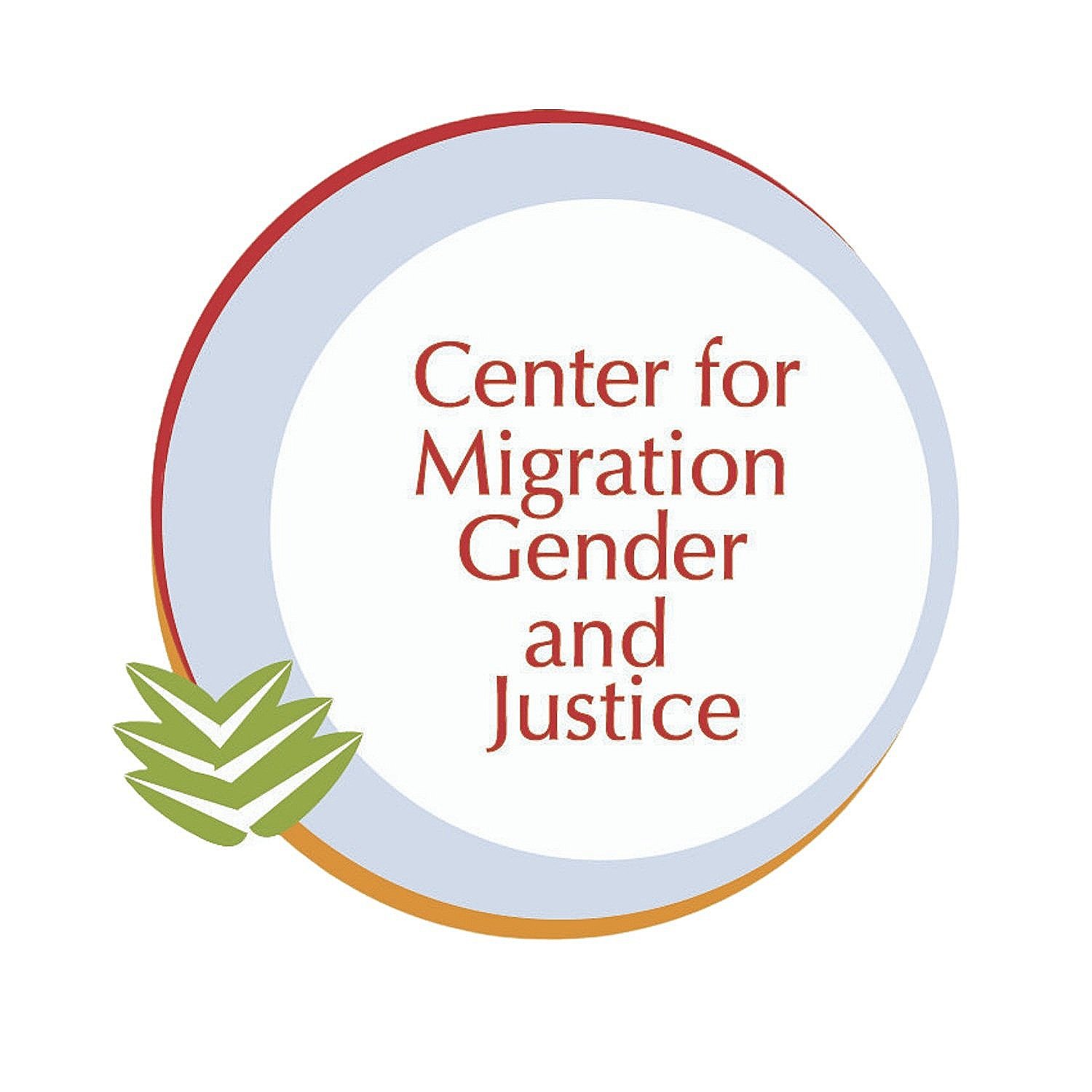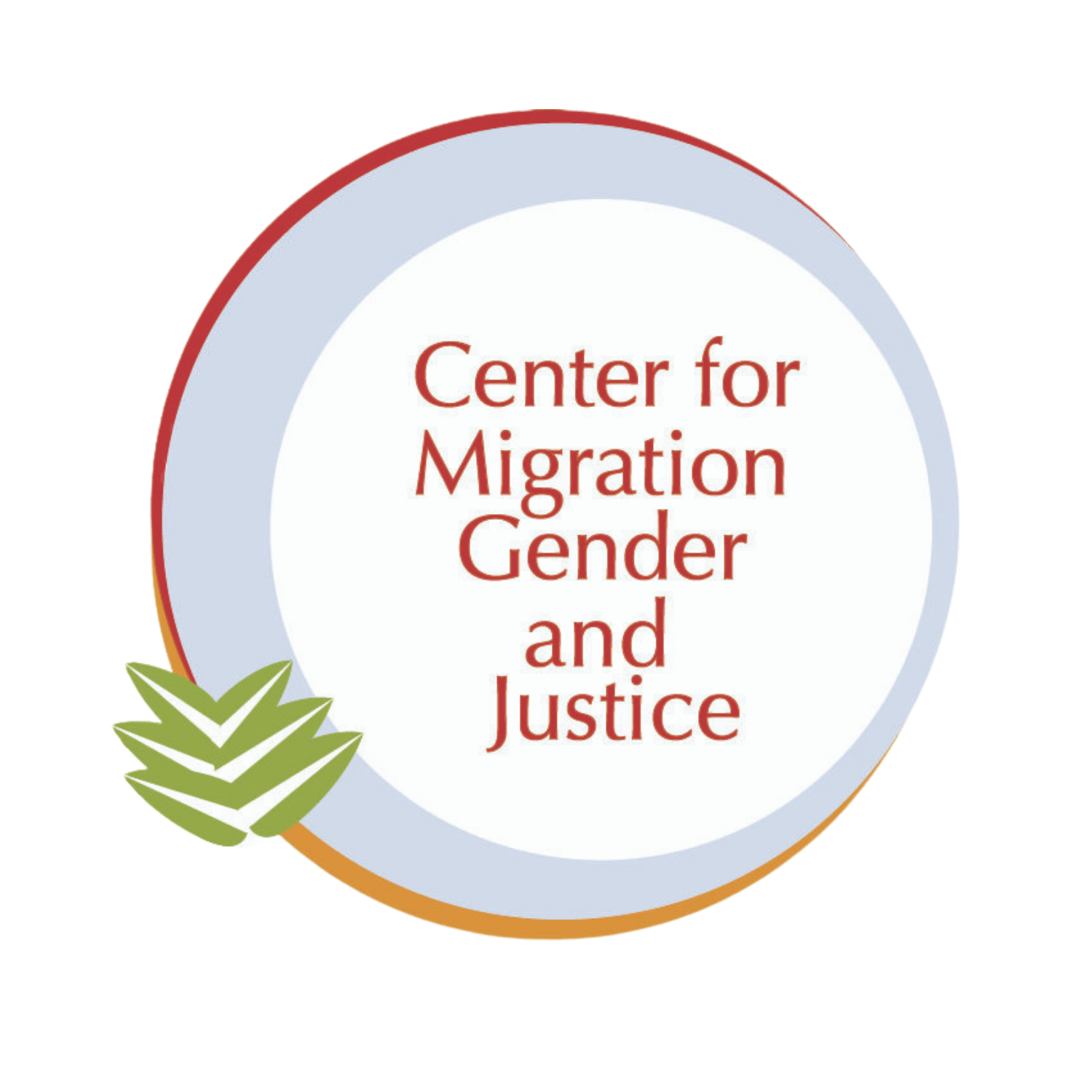How politics is like ecology - and how to overcome subtle forms of exclusion therein!
“The closer we get to accountability and meaningful youth participation, the more difficult it is to gain access to these spaces.”
Tatenda Dlali, CMGJ Migrant Youth Advocacy Training (MYAT) Participant (2023)
In some ways politics is like ecology. This blog post shows how this is the case, using the European Youth Event (EYE) at the European Parliament in Strasbourg as an example, and draws out five ways of subtle exclusion that migrant youth should watch out for in their advocacy journey.
Stratification: In ecology, environments are separated into different layers. Depending on the environment, layers will vary in temperature, moisture, nutrients, light or vegetation. Political spaces layer in the same way; access to physical spaces varies and so does access to knowledge and information. An example of this at the EYE was the varying ease of access in physical spaces. The event was split up into three areas: the EYE Village across from the parliament building, the parliament itself, and the Hemicycle, where high-level EU meetings happen. The Hemicycle is a physical space, but it is also a decision-making space and can be considered a representation of access to resources. At the EYE, the Village was very easily accessible, but the line into the Parliament was 2 hours long and verification was required to enter the Hemicycle. This difficulty in accessing spaces is reflective of the stratification that takes place between civilians and the leadership we are supposed to be holding accountable. The closer we get to accountability and meaningful youth participation, the more difficult it is to gain access to these spaces.
Niching: In ecology, different species live in different levels of an environment as a way to share resources and to co-exist. The interaction of the species with that particular place in the environment is called a Niche. In politics, politicians generally have different areas of expertise. An example of this is that the Minister of Defense works in a different area than the Minister of Finance. This can be considered as political niching because politicians have a specialised work area. Political niching poses a threat to accountability for youth advocates because asking some politicians a question regarding accountability might result in a meaningless answer. Global leadership has built such specialised areas of expertise that they [politicians] become detached from the ecosystem around them (in this case, other Members of European Parliament and their work areas). At the EYE, this was shown in the Hemicycle discussion titled „EU on the global stage: A voice that counts?”, where most time was spent on the Common Security and Defense Policy, and questions around the protection of Ukrainian and other migrant women from sexual assault as a weapon of war were answered with phrases such as “continue to use your voices”, “we need to do better”, and “these are not the right people, nor is this the right forum to ask those questions” but no commitment or next steps.
This brings me to my next point, the Sun: In ecology, the sun plays a vital role in the growth and survival of ecosystems. It is, however, not a living part of the ecosystem. The sun is inaccessible and far away. In the same way, it is really difficult to hold political leadership accountable because it seems what we ask about is no one’s responsibility. At the EYE, when the Rapporteur on the Amended Asylum Procedure Regulation was asked about voting rights for migrants in light of the 2024 European Parliament Elections, she did not answer. The person who did answer was not a Member of the European Parliament. This example is only one that feeds into the perception that there are hidden power structures and dynamics running things, not just at the European Parliament, but in politics in general. No one has answers and no one can give answers because knowing how to act on the pressing questions of migrant youth is no one’s responsibility? Who should we ask if not the MEPs at the EYE? Where should we go if not to the European Parliament? This hidden power, like the sun, is unreachable, but has an effect on the entire interaction between political leadership and civil society, the ecosystem.
Pollution: Humans have successfully polluted nature in every possible way. Air, water, light, and sound pollution are prominent everywhere. Let’s focus on air pollution - unseen but most deadly. The nefarious political agendas and disingenuous partnerships that litter geopolitics will make it really difficult for youth advocates to get any work done. You will be faced with many open calls for “passionate young people” who would like some sort of political or democratic reform, many meetings with ambassadors and prime ministers, many required youth statements (on climate change, gender action plans, housing plans etc.), yet you will never know if your report, statement, action plan has been read because at times, it will not move further than the day you submit, or call out a politician in front of ten thousand people. For me, this meant that I left the EYE asking myself what had or would change after the event. What was the point? Was the partnership between the EYE and the youth in attendance genuine?
Hibernation: We will refer to the stagnant state of affairs after the culmination of the migrant youth advocate’s work at an event such as the EYE as political hibernation. Political hibernation will make it difficult to hold political leadership accountable because the youth inclusion box has been checked. How dare you be unsatisfied? You have gotten 9 hours of sleep over 3 days writing this report and you submitted it. Aren’t you, migrant youth advocate, happy? You have come to this event and spoken to a MEP. What you spoke about and what changed after that interaction is not the point. You should be grateful, migrant youth advocate. Take this picture and put it on your LinkedIn. Europe has given you this opportunity. It is getting past this state of hibernation where the real work starts. More writing, more marching, more community gathering, and more education.
The last and most important way that politics is like ecology is the interaction between living things in the ecosystem. The Migrant Youth Advocacy Training (MYAT) was an important space for connection between migrant youth in different stages of their journey. Under the leadership of the CMGJ MYAT Team, I learned skills that I didn’t have before, such as effective message curation and critical analysis of migration and gender policies using CMGJ’s Gender Migration Index (GMI) among other things. I had never done any work in the migration sector before this, so there were times when I would feel inadequate in the new space. With the help of my fellow MYAT participants and the CMGJ Team, I felt safe and capable when I struggled to articulate myself. We were led with and treated each other with genuine care. Contrary to capitalist culture, which ties worth to productivity and busyness, we were encouraged to rest and actively disengage.
The MYAT affirmed to me the importance of spaces that we create for ourselves instead of waiting to be invited. The connections —professional and personal— fostered during this time will continue to encourage democracy, more equal opportunity, and cross-cultural, international advocacy, gathering, and education.
Dear future migrant youth advocate, the many ways exclusion rears its head will be demotivating sometimes, but it is these genuine connections between people who want the same thing that drive and inspire us to action. The future is bright.

